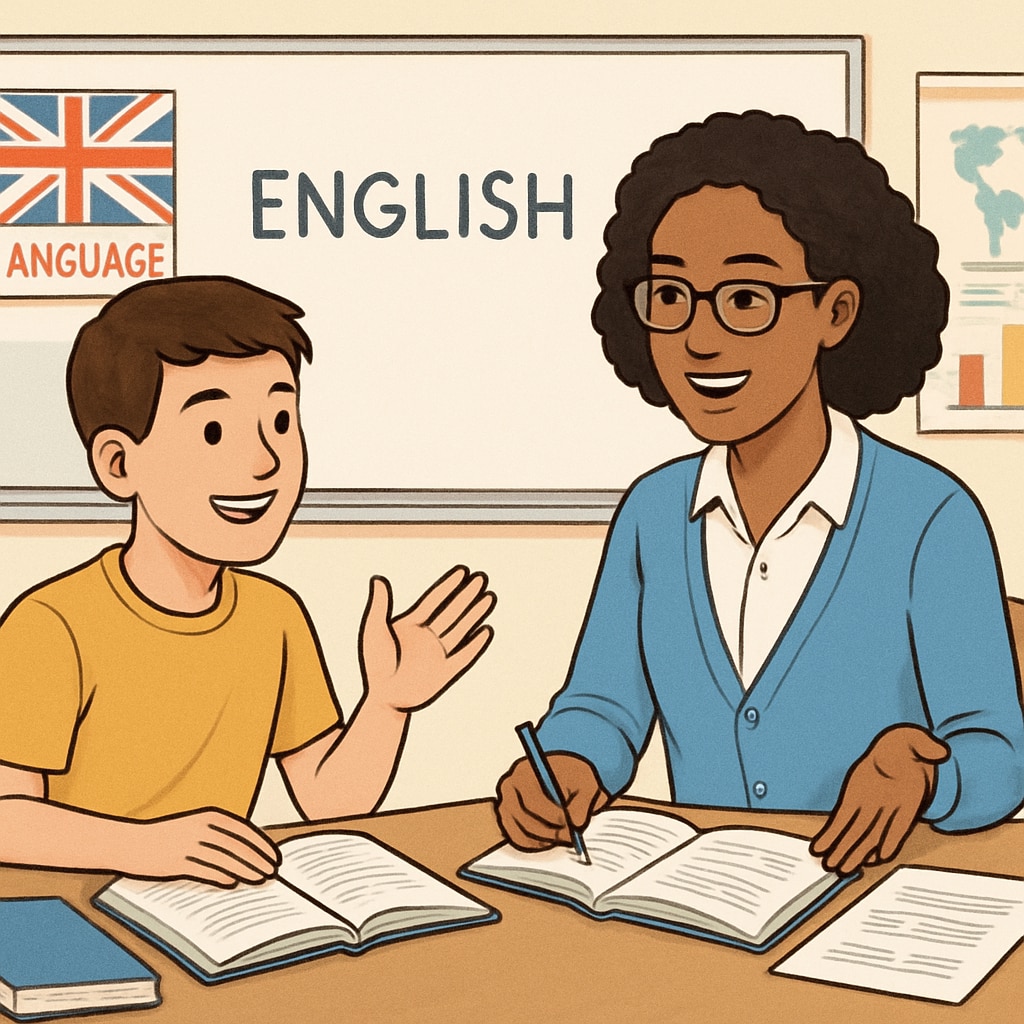Planning for a future in international education, such as pursuing a master’s degree in the United States, requires careful thought and preparation. Partnering with the right study abroad consultancy can make this process smoother, but the foundation must be laid during the K12 years. This article explores how parents and students can use the K12 stage to develop the skills and habits necessary for a successful educational journey abroad, focusing on academic readiness, language proficiency, and holistic growth.
Start with a Strong Academic Foundation
Academic performance is often the centerpiece of any successful study abroad application. Students aiming to pursue a master’s degree in the United States must demonstrate excellent grades, particularly in subjects related to their chosen field of study. Therefore, the K12 years are a critical time to build a strong academic foundation.
Here are some actionable steps to enhance academic preparedness:
- Choose challenging coursework: Enroll in advanced placement (AP) or International Baccalaureate (IB) programs if available. These courses not only strengthen subject knowledge but also showcase your academic rigor to admissions committees.
- Focus on STEM or liberal arts: Tailor your class selection to align with your intended master’s program. For example, engineering aspirants should prioritize math and physics, while humanities students may benefit from advanced writing and social science courses.
- Maintain a consistent GPA: Consistency is key. Admissions officers generally look for steady performance over time rather than sporadic spikes in grades.
In addition, students should actively seek resources and mentorship to excel academically. For example, organizations like Khan Academy (Khan Academy) offer free tools that can supplement school learning.

Develop Language Proficiency Early
Strong language skills, particularly in English, are essential for successfully studying abroad. K12 students can take advantage of this period to build fluency in both written and spoken English. This is particularly important for those planning to attend universities in the United States, where English proficiency tests like the TOEFL or IELTS are required.
Helpful strategies to enhance language skills include:
- Engage with English media: Watching movies, reading books, and listening to podcasts in English can improve vocabulary and comprehension.
- Participate in language clubs: Join school or community clubs that focus on conversational English practice.
- Enroll in preparatory programs: Specialized language courses tailored for TOEFL or IELTS preparation can provide structured guidance.
Additionally, students can leverage tools like Duolingo (Duolingo) for daily practice and progress tracking.

Focus on Holistic Development
While academic and language skills are vital, U.S. universities often look for well-rounded applicants. Extracurricular activities, leadership roles, and community service can set students apart from the competition. Holistic development during K12 years ensures that students can showcase their unique personalities and interests in their applications.
Consider the following ways to develop a well-rounded profile:
- Engage in extracurricular activities: Sports, music, debate clubs, or robotics teams can demonstrate diverse interests and skills.
- Take on leadership roles: Positions like class president, team captain, or club organizer highlight initiative and responsibility.
- Volunteer in the community: Meaningful involvement in charity or social work shows commitment to making a positive impact.
By diversifying their experiences, students can create a compelling narrative that resonates with admissions officers.
Seek Guidance from Trusted Study Abroad Consultants
While the K12 years are a great time to build skills and experiences, navigating the complexities of study abroad applications can still be challenging. Engaging with a reputable study abroad consultancy can provide invaluable support. These agencies specialize in guiding students through every step, from university selection to visa applications.
When choosing a consultancy, consider the following:
- Look for expertise: Choose agencies with a proven track record of success in U.S. master’s program admissions.
- Check reviews: Testimonials from previous clients can give you insights into the quality of service.
- Understand their services: A good consultancy will offer tailored advice, document preparation, and interview coaching.
For example, organizations like EducationUSA (EducationUSA) provide free resources and counseling for prospective international students.
Conclusion
Preparing for a master’s degree in the United States is a long-term process that begins during the K12 years. By focusing on academic excellence, developing strong language skills, and engaging in holistic development, students can set themselves up for success. Additionally, working with a trusted study abroad consultancy can ease the application process and enhance the chances of admission to top universities. Start early, plan strategically, and make the most of the opportunities available during these formative years.
Readability guidance: Use short paragraphs and actionable lists to summarize key points. Keep passive voice and long sentences to a minimum, and distribute transition words like “however,” “therefore,” and “in addition” throughout the text.


